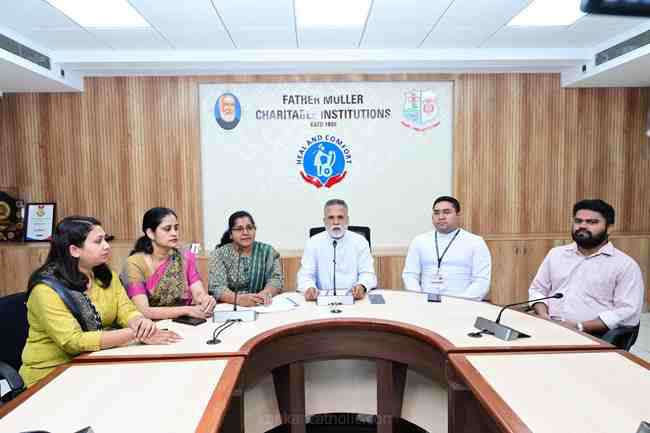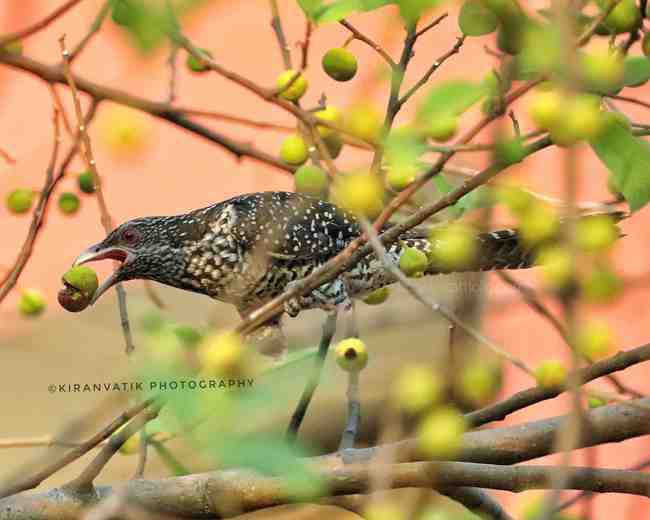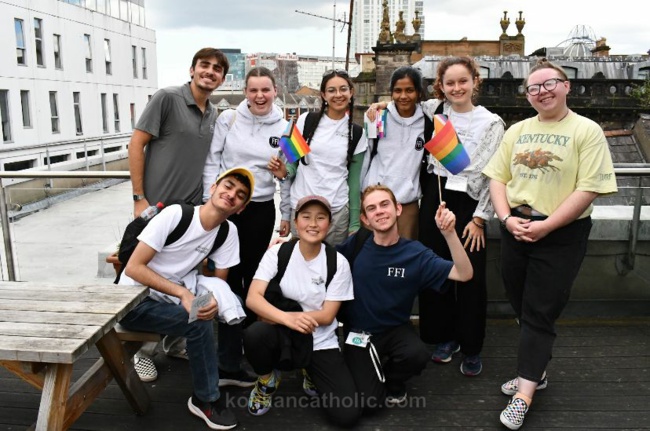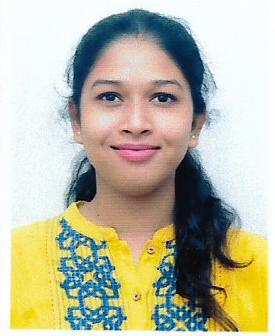Workshop on “Unveiling Artisan Empowerment through the Skill India Mission under PMKVY 4.0” organized at SJEC
Mangaluru: St Joseph Engineering College, in association with the Indian Council of Social Sciences Research, organised a workshop on February 27, 2024, based on the findings of the research “Upskilling and Reskilling of Artisans in Dakshina Kannada, Udupi, and Uttara Kannada Districts with Respect to Skill India Mission of Pradhan Mantri Kaushal Vikas Yojana 4.0,” led by Dr. Anjali Ganesh, Dr Sreeranga Bhat, Prof. Girish Madla, Dr. Binu K, and Mr. Roopesh. The event, centered on the theme “Workshop on Insights from the Findings of a Short-Term Empirical Research Project Funded by ICSSR: Unveiling Artisan Empowerment through the Skill India Mission under PMKVY 4.0,” brought together skilled craftsmen and women with the aim of aligning their expertise with the Skill India Mission under the Pradhan Mantri Kaushal Vikas Yojana 4.0. The students of the Department of MBA at St. Joseph Engineering College were also a part of the workshop.
The day-long workshop comprised enlightening sessions conducted by experts in the field of skill development. These sessions delved into the latest findings from a comprehensive research project focusing on the artisan communities in the aforementioned districts. The objective was to understand the effectiveness, efficacy, identify skill gaps, opportunities, and strategies for upskilling and reskilling, ultimately enhancing the artisans' development through the Skill India Mission. An integral part of the workshop was the vibrant exhibition featuring a diverse array of artifacts and products crafted by the participating artisans. This exhibition not only celebrated the rich cultural heritage embedded in their creations but also served as a tangible representation of the potential of upskilled and reskilled artisans in contribute to economic growth.




One of the defining features of the exhibition was the vast diversity of craftsmanship on display. From delicate handmade jewelry, recycled clothed bags, and intricately carved coconut shell sculptures, the collection showcased the breadth and depth of artisanal talent. Visitors had the opportunity to witness the unique techniques and styles that have been passed down through generations, preserving cultural heritage and fostering a sense of continuity. Each exhibit told a story of tradition, innovation, and the fusion of cultural influences. The exhibition also provided an interactive platform for visitors to engage
with artisans directly, and this interactive element not only enhanced the educational aspect of the event but also fostered a deeper appreciation for the time-honored skills passed down through the generations. Many exhibits showcased a harmonious blend of traditional techniques with contemporary aesthetics. The exhibition served as a reminder that, in the age of mass production, the unique stories woven into each artifact deserve recognition and protection. By supporting artisans, we not only sustain cultural heritage but also contribute to the flourishing of human creativity.
The workshop left an indelible impact on both participants and observers. It ignited discussions on the revitalization of traditional crafts, emphasizing the role of skilled artisans in the economic landscape. Moreover, the exhibition provided a marketplace for artisans to showcase their talents, fostering connections with potential buyers and collaborators.
The workshop served as a catalyst for change, aligning local craftsmanship with the broader vision of the Skill India Mission. By combining traditional skills with contemporary knowledge, the artisans in Dakshina Kannada, Udupi, and Uttara Kannada Districts are poised to contribute significantly to the cultural and economic fabric of the region.
This event stands as a testament to the transformative power of education and skill development, creating a promising future for artisans and their crafts in the evolving landscape of the Indian creative economy.








